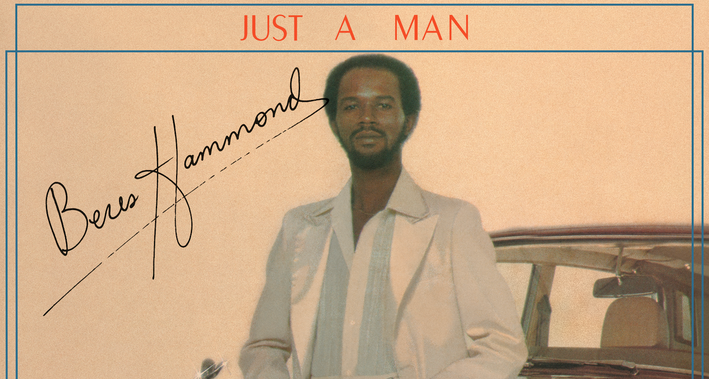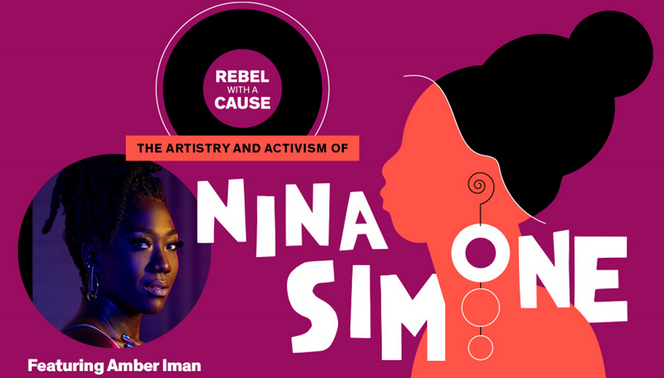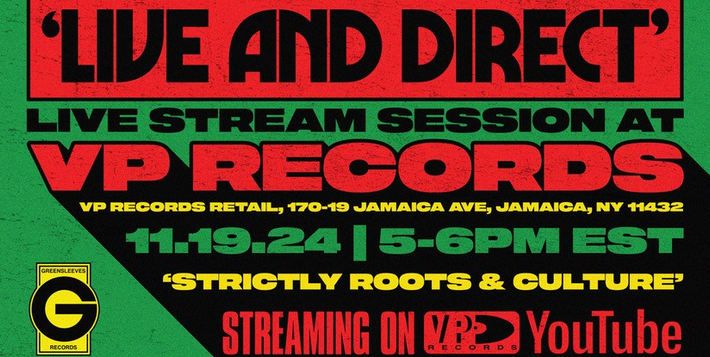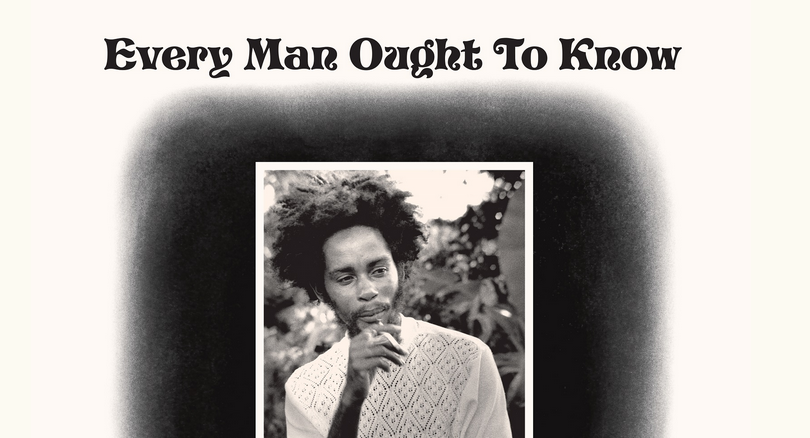I just learned that Haitian filmmaker Raoul Peck’s latest work, the feature documentary titled Assistance Mortelle (Fatal Assistance), will open at New York’s Film Society of Lincoln Center exclusively on Friday, February 28, 2014 for a one-week run only.
What promises to be an exposé that will offer the world a look at the international community’s response and reaction to the devastating 2010 earthquake Haiti suffered, through the eyes of Haitians in Haiti, the 100-minute film (culled from a total of over 500 hours of footage) was shot over 2 years, starting soon after the January 2010 earthquake, through last year.
Here’s an official synopsis: 12 January, 2010. A devastating earthquake shakes Haiti’s capital. In an instant 250,000 people are killed and 1.2 million left homeless. NGOs from all over the world send experts for critical relief efforts. At first, everyone has high hopes: at an international donors’ conference billions of dollars are pledged and the Interim Haiti Recovery Commission (IHRC), co-chaired by Bill Clinton, is created to oversee worldwide solidarity efforts. But, two-and-a-half years later, you only have to set foot in Port-au-Prince to see the international community has failed. Hundreds of thousands are still living in tents; the IHRC is as good as dead and only a fraction of the funds pledged have arrived in Haiti. Filmed over two years, Haitian born filmmaker Raoul Peck’s documentary tries to find out how, in spite the international community’s promises, the needs of ten million people in the Caribbean came to be met in such a paltry fashion. He questions political decision-makers, private contractors and engineers – and of course ordinary Haitian people, who have begun a painstaking reconstruction of their own.
It addresses the reported billions of dollars in foreign aid that were said to have been poured into Haiti relief after the earthquake, although it’s not entirely clear where all that money went, since many are still living in squalor.
A trailer for Assistance Mortelle has surfaced and is embedded below; but first, watch the below interview with the filmmaker, Mr Peck, done in Haiti (an early screening of the film took place in Haiti last year), in which he explained his motivations for making the film – essentially to have Haiti itself tell its own story about the earthquake and its aftermath, instead of *outsiders* doing it for them.
The 20-minute video interview was all in French, and was translated by Martine Jean. It’s not the full interview translated, but she got the meat of it down, which you’re encouraged to read below (hopefully we’ll get a chance to talk to Mr Peck eventually):
Did the idea for this film start after production began? Did you start shooting and suddenly thought you found an interesting theme and went in that direction?
No, it doesn’t work that way. I came back to Haiti after the earthquake not to shoot a film, but to help and be a part of the rebuilding process, like all my fellow compatriots. I didn’t come to shoot a film, but I became frustrated when I realized that my help was kind of useless. We all felt lost and helpless. And it’s out of that frustration that I decided to shoot a film. Initially, the goal was not to make a film about International Aid pouring into Haiti, but rather to follow the reconstruction, or at least what they called reconstruction. It was a rare occurrence to have so many eyes fixated on a little nation, so much money pledged, and a disaster of such magnitude since we don’t have earthquakes every year. The last one was over 100 years ago, so it’s an historic and important event. Even from that angle, it was important to discuss and follow the rebuilding.
From the get-go, I decided that I would take 2 years to make this documentary. Regardless of what would happen, I’d made that decision. Then there was the issue of having access to people. Because of my profession and my political connections, I knew I would have access where cameras usually aren’t allowed. This gave me the means to a make a movie that would be different and original. I wanted to turn the camera on those who usually have eyes on Haiti, those usually deciding for us what story to tell. Haiti doesn’t have a voice nor does it have an identity. I knew I had to reclaim the “storytelling.” WE have to be the ones in charge of the narrative. WE have to be the ones to tell OUR story. And that was the most important decision for me. For more than 30 years, what I’ve seen about my country does not match the image that I have of my country.
It’s rare to see the complexities and the many layers of Haitian reality on the big screen. It’s always a bunch of clichés that do nothing but worsen the problem and confine us in the role of victim. I wanted this film to refute those notions.
You had over 400 hours of footage. The movie is 1h40 mins. Are there things that you uncovered during production that you thought were best left on the cutting room floor?
No. Everything I wanted to say, I said it. I made some choices because I had to. I had a well defined topic, which was to examine the impact of Humanitarian, International and Developmental Aid. Every time questions arise about aid, the answers is always that Haiti is corrupt, the government is weak, Haitians cannot be trusted, etc. I had to break this constant refrain/theme, which prevented us from addressing the real problems. That was the primary goal. Everything that was not in the context of this discussion was not used. For instance, I didn’t use anything that had to do with cholera because that’s it’s own movie.
What was your target audience?
There was no target audience. I tend to make historic films, films for posterity. In Haiti, our cinematography is weak. To me, making a movie is preserving something, preserving who we are. Everyone is involved. Haitians are involved as citizens and humans. The rest of world is also involved because it has to recognize Haiti’s existence and identity. The film doesn’t belong to me anymore. The film belongs to those who will use it in their work. It belongs to those who embrace it. It will go to those to whom it speaks.
Do you think international aid is more stifling for Haiti than it has been for other nations?
No. It’s across the board: Africa, Latin America, even some Asian countries. It didn’t just start in Haiti. It goes back more than 60 years. We’re just figuring out that Development Aid does not live up to its name. It is neither an aid nor a development. Looking at the majority of African nations that have received Development Aid, we wonder: where has this aid been successful? Has anything changed? Those countries who’ve received that aid, how much progress have they experienced? Are they better equipped to defend themselves? Is there less inequality? Of course there are victories, like the Aids epidemic, for instance. But even with massive assistance (at least on paper), the results are weak. Aid is deceiving. 40 to 60 percent of Aid money remains in the country that pledges it. So is it really an “Aid”?
For the rest of the interview please see blogs.indiewire.com












